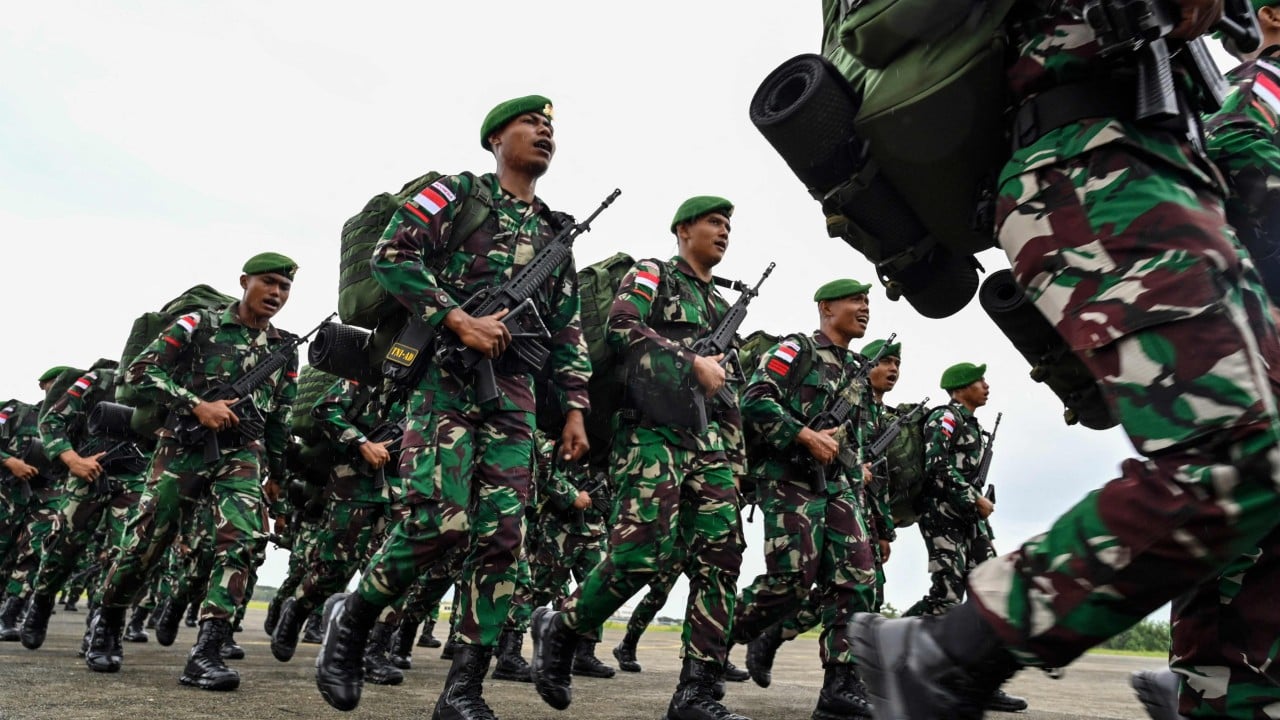Indonesia’s military will soon begin producing low-cost medicines to boost rural healthcare access, prompting critics to warn that such a move could lead to its heavy involvement in local governance, just like it did during the country’s authoritarian past.
Advertisement
Under an agreement signed on July 22 by Defence Minister Sjafrie Sjamsoeddin and the National Agency of Drug and Food Control (BPOM), army, navy and air force laboratories that previously produced medicine for service personnel will begin making drugs for distribution to citizens in rural and other areas across Indonesia.
Production would begin in October, with the medicines to be sold in villages at half their retail prices, Sjafrie said. “We are thinking of ways to lower the price even more so we could provide free medicines,” he told reporters.
Taruna Ikrar, head of BPOM, said the military’s participation could help stem the distribution of illegal or counterfeit drugs, particularly in underserved areas.
However, rights groups argue the move is legally questionable, as Indonesia’s military law prohibits active-duty soldiers from holding civilian business roles. Critics also see the deal as part of a wider effort to involve the armed forces again in local governance under President Prabowo Subianto, who was formerly a general and the country’s defence minister.
Advertisement
Azifah Astrina, a lecturer in the politics and government department at Universitas Gadjah Mada, said Indonesians “have every reason to be deeply concerned” as the agreement was “not an isolated policy adjustment”.

